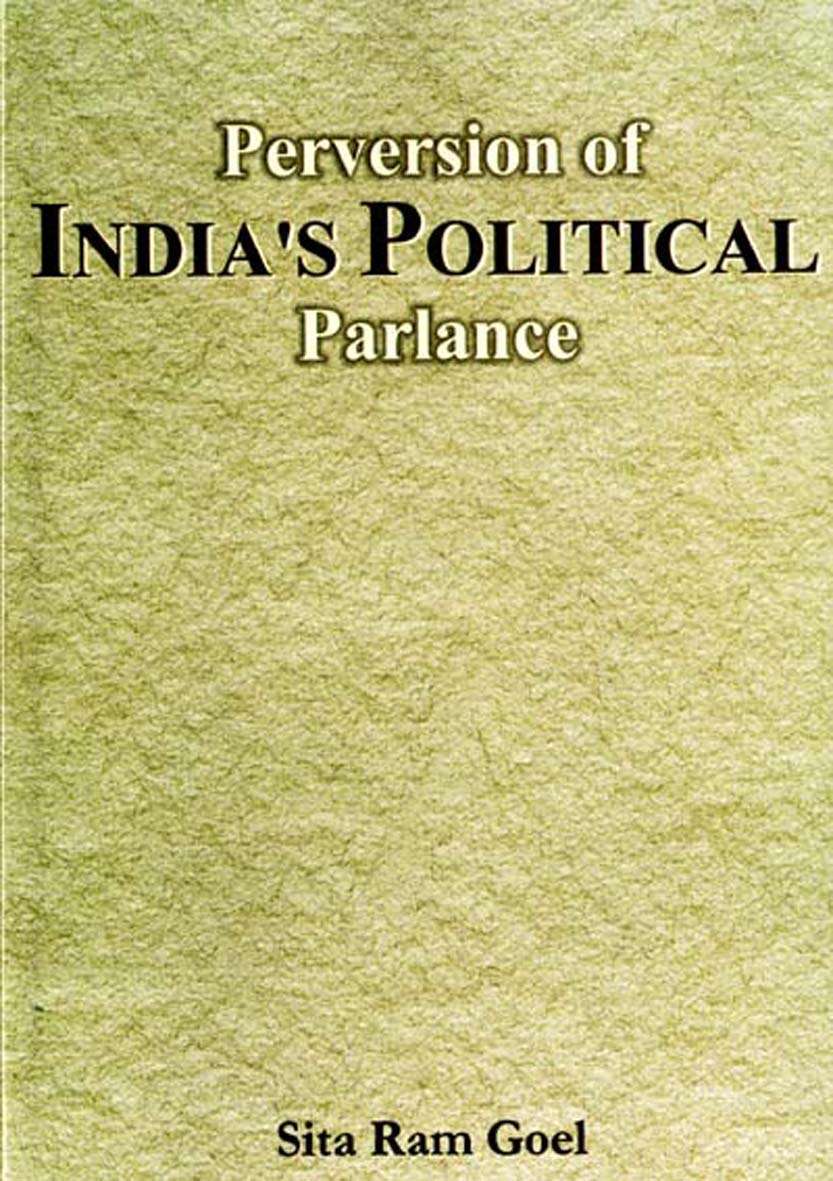
Perversion of India's political parlance
Goel, Sita Ram (1921-2003)
₹ 100.00
As one surveys India's political parlance, the first feature one notices is that while certain people and parties are described as Leftist, certain others are designated as Rightist. The second feature which invites attention is that these contradistinctive labels - Leftist and Rightist - have never been apportioned among people and parties concerned by an impartial tribunal like, say, the Election Commission. What has happened is that certain people and parties have appropriated one label - Leftist - for themselves, and reserved the other label - Rightist - for their opponents, without permission from or prior consultation with the latter. The third feature which one discovers very soon is that people and parties who call themselves Leftist, also claim to be progressive, revolutionary, socialist, secularist, and democratic. At the same time, they accuse the Rightists of being reactionary, revivalist, capitalist, and fascist. The fourth feature of the Indian political scene needs a somewhat deeper look because it goes beyond the merely political and borders on the philosophical. The Leftists claim that they are committed to a scientific interpretation of the world-process including economic, social, political, and cultural developments, and that, therefore, their plans and programmes are not only pertinent but also profitable for the modern age. Simultaneously, they accuse that the Rightists are addicted to an obscurantist view of the same world-process and, therefore, to such outmoded forms of economy, polity, and culture as are bound to be injurious at this stage of human history. One cannot help concluding that the dictionaries are not al all helpful in deciphering the Leftist language. The source of that language has to be sought elsewhere. There is no truth whatsoever in the Leftist claim that India's prevailing political parlance took shape in the course of India's fight for freedom against British imperialism. On the contrary, this parlance was imported
ISBN 13: 9788185990255
ISBN 10: 8185990255
Year: 2016
Language: ENGLISH
Pages etc.: Reprint of 1995: vi,66p., ind., 22cm.
Binding: Paperback
Subject(s): Politics, Voice of India
WHO WE ARE
We undertake to publish high quality research works on Buddhism and Hinduism from scholars around the world. We have been publishing the books under the renowned Satapitaka Series Read More...
2/18, Ansari Road
New Delhi-110002 (India)
Ph: +91.11.23282047
contact@adityaprakashan.com

